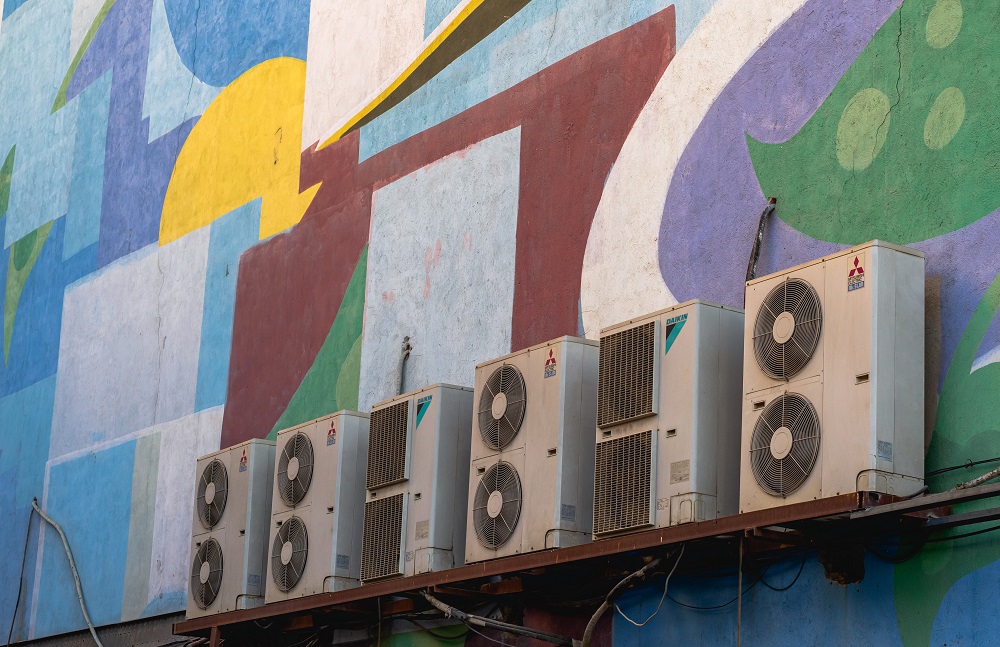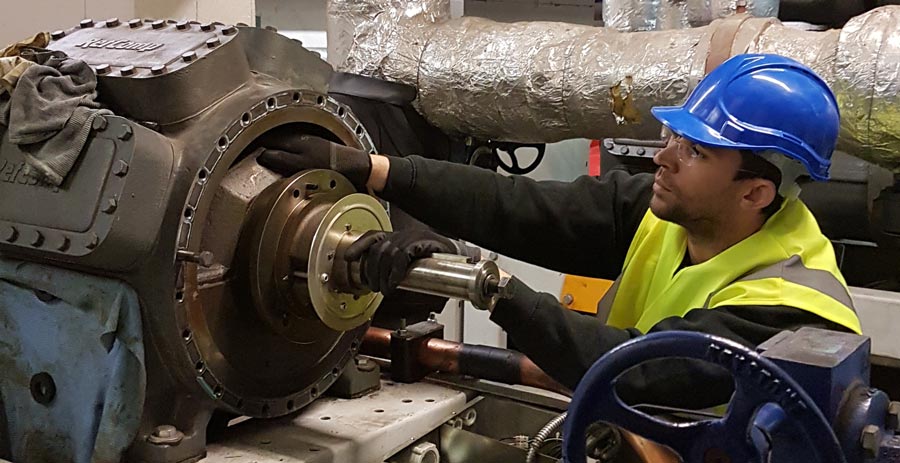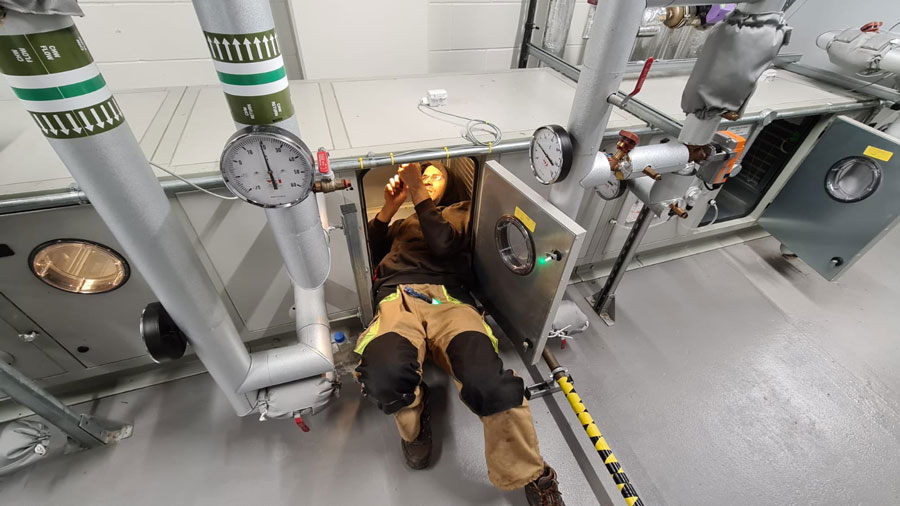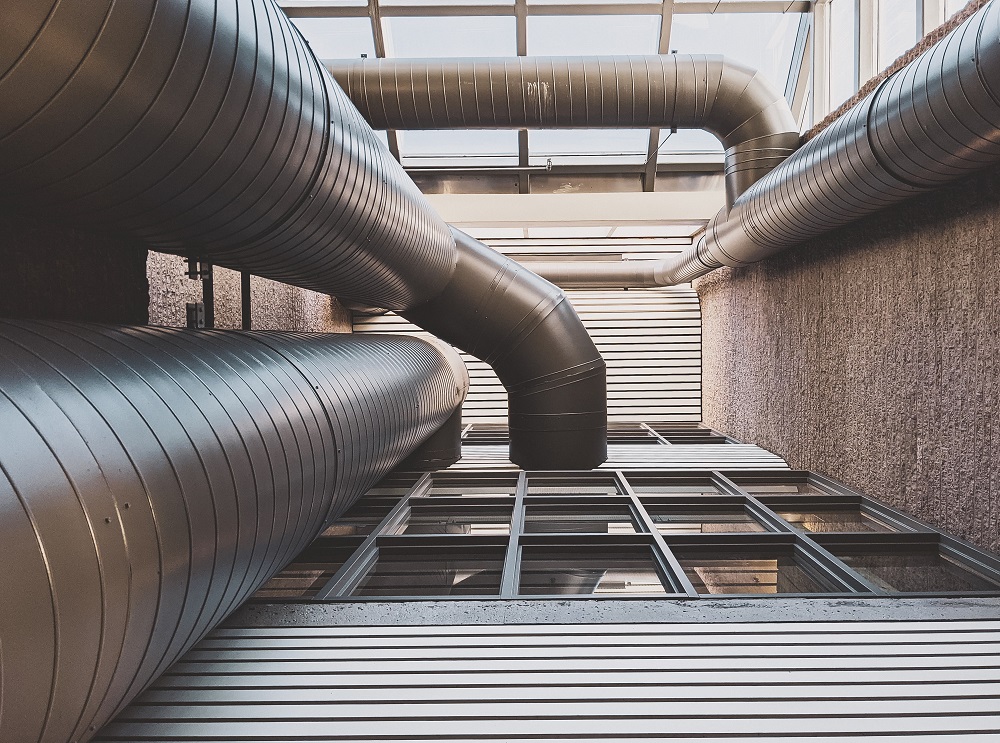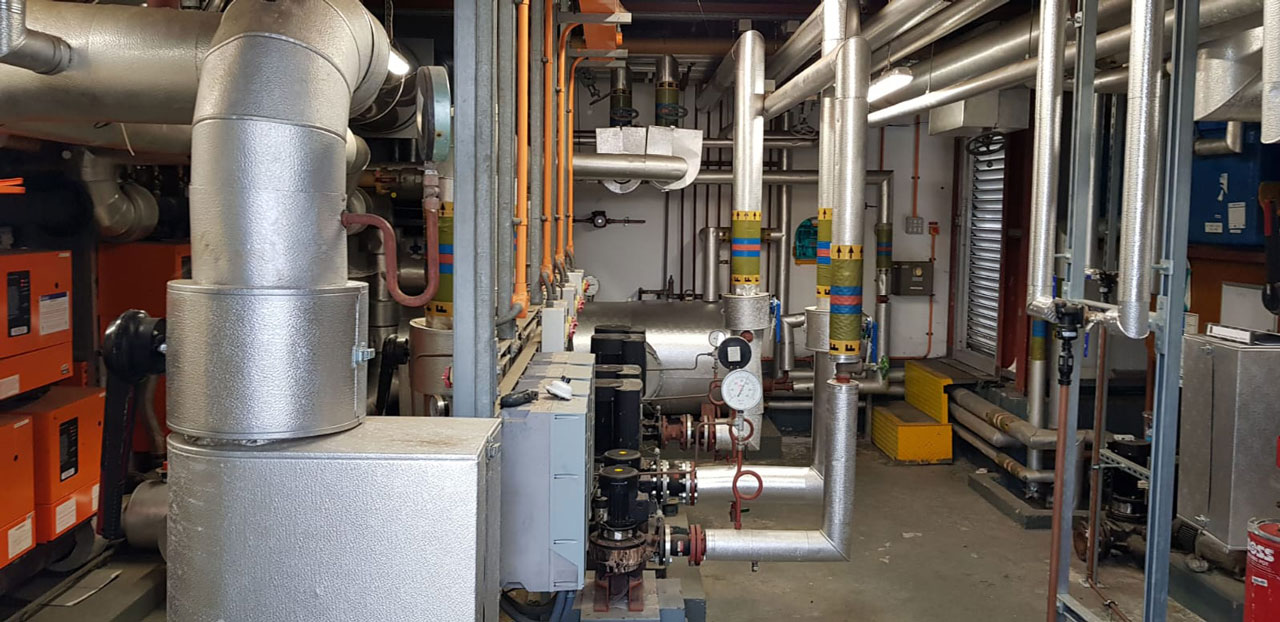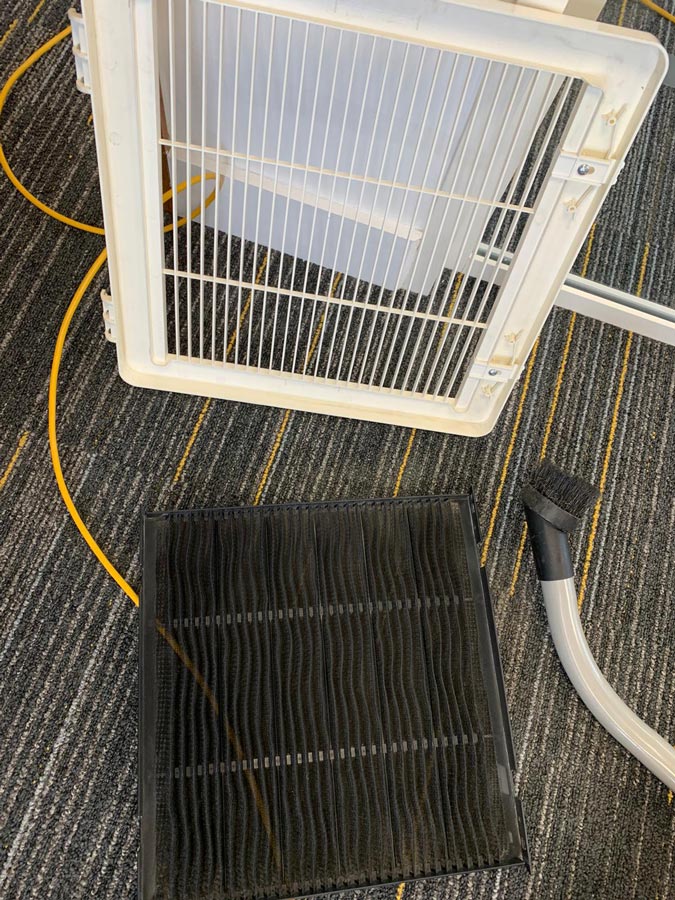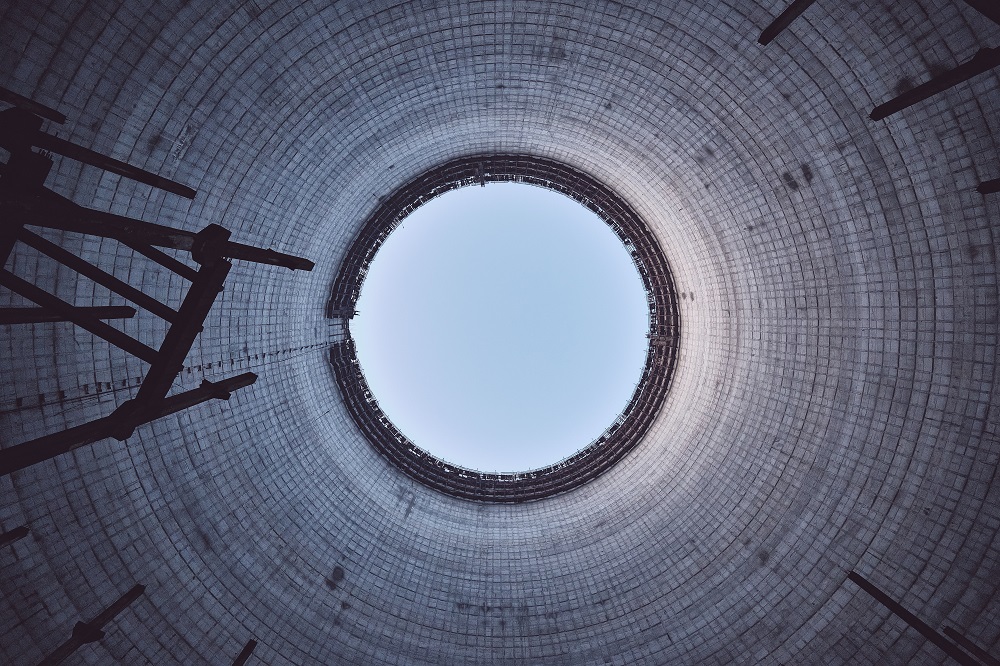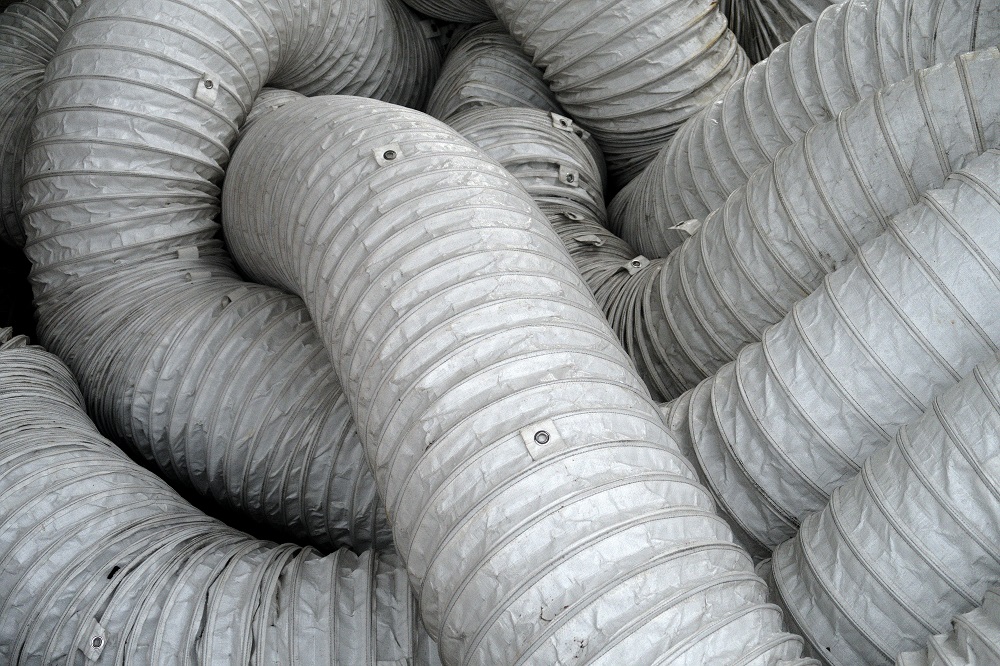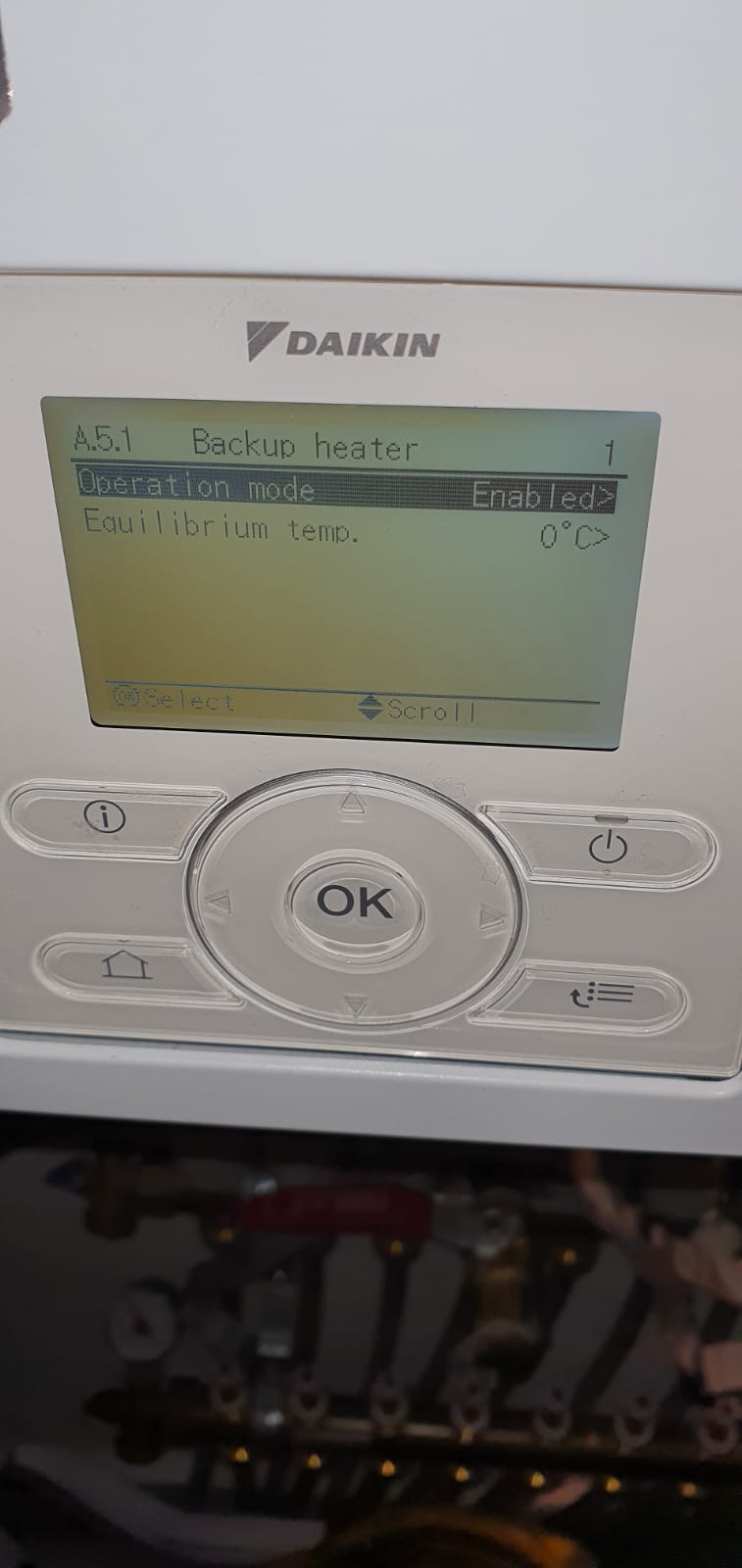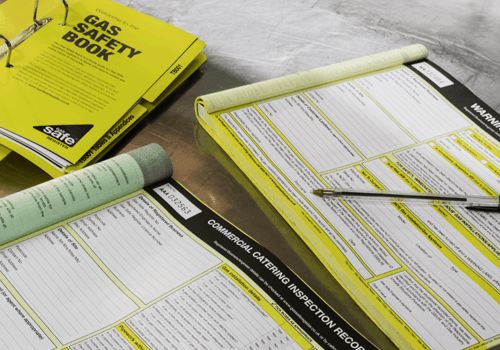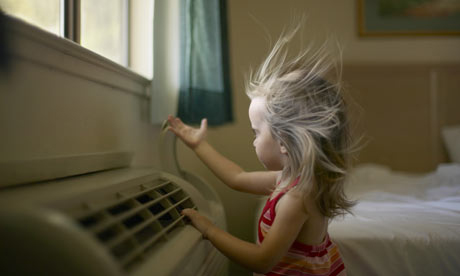Air conditioning systems aren’t just machines. They are actually more like the human body. Each unit has its own set of systems, all dependant on one another and carefully in balance, and all need taking care of. If you avoid the dentist for years, eventually you’ll get a cavity and have to go for a long and expensive procedure – the same goes for your air conditioning! And if you’ve got air conditioning on a commercial level, then taking care of it is even more of a priority. So, here are a few facts about air conditioning maintenance, and why it should become a habit rather than an afterthought.
Being A Clean Freak Is Good!
A clean air conditioning system is a happy air conditioning system, and just like your tumble drier at home, it needs a clean out every now and then. But it’s about more than just keeping the mechanisms looking good. Commercial air conditioning systems cycle and clean a lot of air every day for your building, and the dirt they catch tends to build up in filters and pipes. Systems that are dirty are not as energy efficient as clean ones, resulting in a significant reduction in performance and climbing running costs. Not only will it cost you more money to run, but the dirt build up will also increase the stress on the mechanical parts in the system, making them work harder than they should and reducing their lifetime. To top all that off, not cleaning your system can risk a decline in air quality when ventilated and throw off the temperature regulations, resulting in wildly varying air temperatures. In short, if you want your air conditioner to run at its best and not need replacement parts as often, keep it clean!
Being Reactive Costs You Much More
Despite assurances to the contrary, a lot of companies still operate in reactive mode when things go wrong with their air conditioning. This means that they only bother to maintain it when something goes drastically wrong, rather than scheduling regular cleanings and maintenance checks. The downside to being reactive is that a repair on a big failure, or just a full deep clean, can cost you far more than regularly scheduled check-ups. Not only does it cost you more in running costs (see the point above) but your system failing could result in a huge bill for a replacement. By scheduling regular air conditioning maintenance, you can catch and replace failing parts in a staggered way, before they cause problems, and prolong the life of your components.
How To Tell If Your Air Conditioning Needs A Tune Up
There are a few main warning signs to help you figure out when your air conditioning units need a little TLC.
Age: You’re not the only one who worries about getting older! We suggest replacing your unit every 15 years, as this is the average age of failure. So if you air conditioning system is getting to that age, make sure you are looking out for signs of failure, and planning a replacement strategy.
Rising Energy Bills: This is an easy way to test if your air conditioning system is starting to break down. Take this month’s energy bills, and compare them to last month. Then do the same with this year and last year. If you see a marked increase in the more recent bills, then there is something wrong.
Leaking Water: Finding puddles of water where they shouldn’t be isn’t always a sign of a leak in your roof. Sometimes it can point to a leaky air conditioning unit. This leaking is usually caused by a liquid backup, or the overflow of excess condensation. Either way, your first call should be to your air conditioning professional to get it fixed and prevent further problems.
Unpredictable Temperatures: If you’ve set your AC to 20 but you’re still sweating, odds are there is something wrong with your unit. This could be something as simple as a faulty thermostat, or it could just be a worn out system that’s struggling to cool the air as much as it should. So, if everyone is hot and bothered, get your units checked.
Strange Noises: Are strange noises ever a good sign? Well, they definitely aren’t good when it comes to your air conditioning! If you are hearing whistling noises that sounds like a ghoul is stuck in your pipes, creaking, clunking or any other kind of strange noise, this could be a sign of a bigger problem with your unit, and it definitely needs a check-up.
At Bonus Eventus Maintenance we work with companies of all shapes and sizes to instal and maintain air conditioning systems in their commercial properties. So, if you haven’t checked on your air conditioning unit in months, or just think yours needs a tune up, why not give us a call and arrange your free consultation? We can show you the best way to care for your air conditioner so that it becomes a long-term partner, and not just a nightmare fling.
